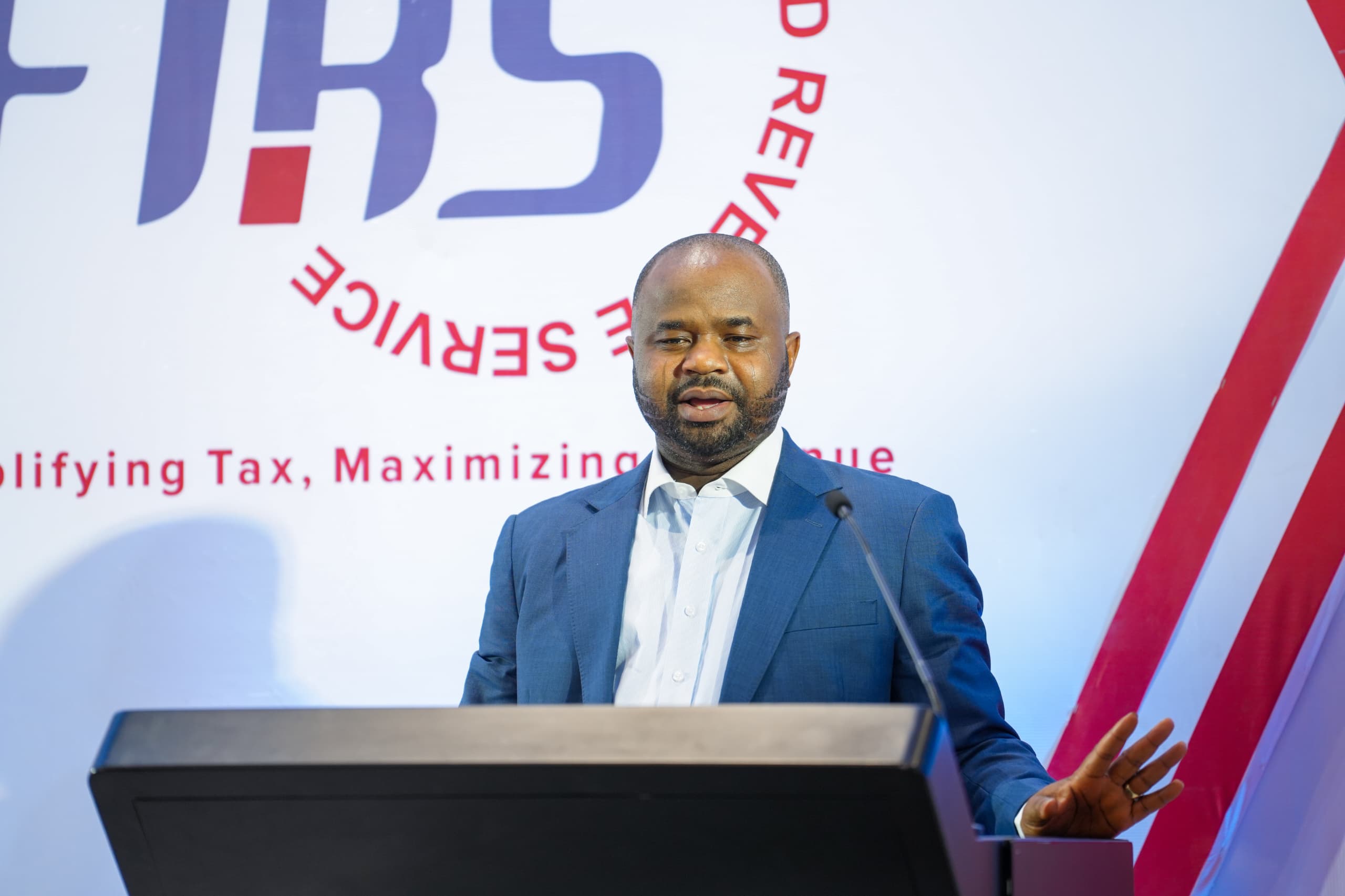The Executive Chairman of the Federal Inland Revenue Service, Zacch Adedeji, has commended the Nigerian judiciary for its consistent and well-reasoned tax rulings, describing them as pivotal to the stability and fairness of the nation’s fiscal system.
According to a statement on Tuesday, he spoke at a capacity-building workshop for Justices of the Supreme Court, Court of Appeal, and Judges of the Federal High Court on new tax laws, where he praised the National Judicial Institute for organising what he called a “timely and essential” training session.
Adedeji noted that recent legislative reforms, including amendments to the Finance Acts, the Petroleum Industry Act, and other tax-related laws, have significantly reshaped Nigeria’s fiscal landscape. According to him, these developments call for deeper collaboration between the judiciary and tax authorities to ensure fair interpretation and enforcement.
“The judiciary, through its interpretative powers, remains the ultimate arbiter in maintaining the balance between the legitimate powers of tax authorities and the rights of taxpayers,” Adedeji stated. “Your consistent and sound pronouncements have provided stability, predictability, and fairness in the administration of our tax system.”
He emphasised that timely and consistent judicial decisions are essential for improving voluntary tax compliance, boosting investor confidence, and enhancing revenue mobilization. “Tax disputes resolved promptly and grounded in clear judicial principles promote compliance and support economic stability,” he added.
The FIRS boss reaffirmed the Service’s commitment to continuous collaboration with the judiciary through knowledge sharing, technical support, and regular engagement. He called for stronger partnerships among key stakeholders to promote early and effective resolution of tax disputes.
He also highlighted that the rise of the global digital economy and cross-border transactions presents new and complex tax challenges, underscoring the need for continuous judicial education.
Concluding his remarks, Adedeji expressed confidence that the insights gained from the workshop would further enhance the quality of judicial pronouncements and contribute to building a more efficient, equitable, and globally competitive tax system for Nigeria.
punch.ng
FOLLOW US ON:


























